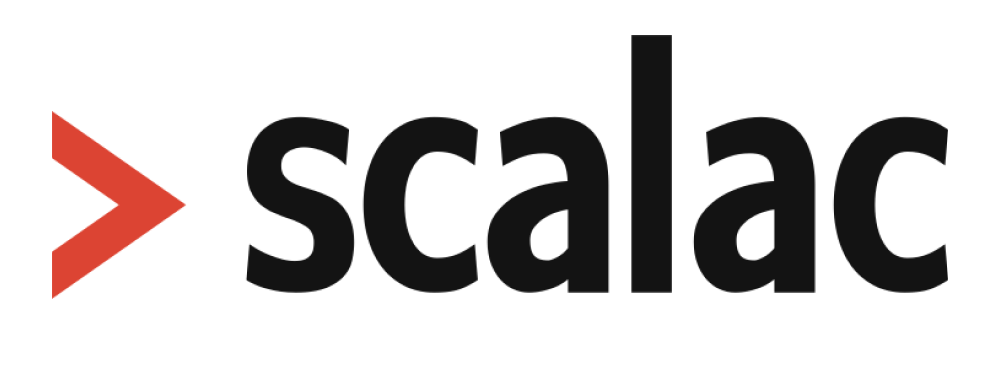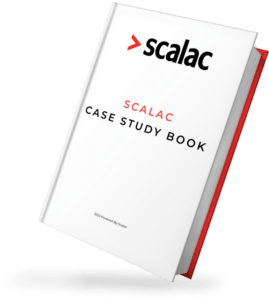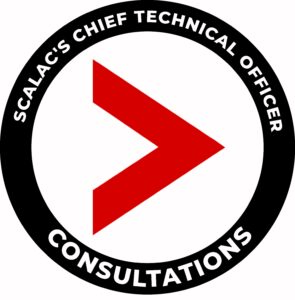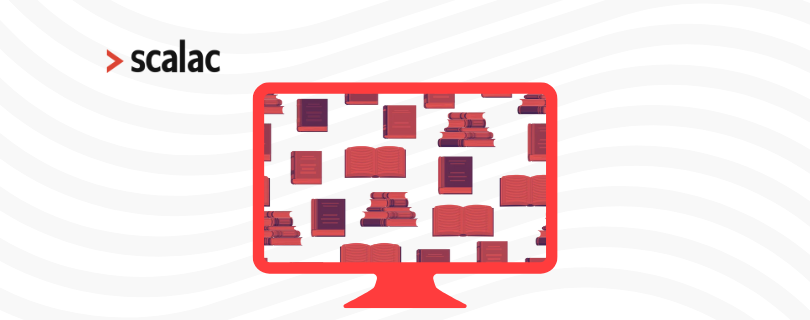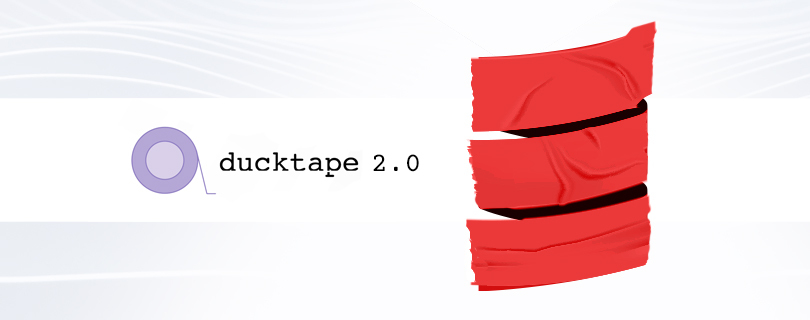
The Whole Truth About Technical Interview Questions In 10 Minutes

The ultimate guide to doing great on your next technical interview (Questions, Answers & more)
Common stereotypes show that in the IT industry, effective communication skills are not strong points in the profile of a typical programmer. They need only to have solid technical skills to help them accomplish specific tasks and to create particular products. But it turns out that nothing could be more wrong.
In the long run, when it comes to matching a new person to a team and making the right employment decisions, soft skills (communication skills, teamwork, creativity, etc.) are often more important than technical skills.
According to specialists from a Linkedin team in the report “Global Talent Trends 2019”, bad hiring decisions and parting ways with employees are in 89% of cases caused by a lack of soft skills or deficiencies in both areas. Only 11% of partings were caused solely by problems with technical expertise.
In the opinion of Deloitte’s “Soft skills for business success”, in 2030 as many as 2/3s of job offers on the market will require candidates to have specific soft skills.
Why we care about it at Scalac
At Scalac, our employees have the perfect combination of soft skills along with robust technical expertise, because as a company, we try to be as professional as possible when consulting with our clients. We always make sure we advise our clients, explain why any given solution is the best in our opinion, and the pros, cons, opportunities, and threats of our proposals.
As a Scala development company, and experts in our field, we have to be able to express our opinions and knowledge professionally so our clients can be 100% sure that their cooperation with us was the right choice.
In this article, we would like to share this practical knowledge with you to help you nail any upcoming interview.
After reading this article, you will know:
- How to prepare for a technical interview
- How to show and share your knowledge
- What a technical conversation looks like and why it is needed
- Where you can find answers to technical interview questions (reliable sources)
- All communication tips & tricks
Tech job interview – is it indispensable?
Essential knowledge
The primary aim of a technical interview is to check the most essential knowledge of the candidate. The interview usually takes about an hour. Scalac is a remote-friendly company, so in our case, we most often meet online. We try to look more widely at the candidate’s competencies and ask about things that they were not able to show during the implementation of their technical task. Sometimes, the candidate has made a mistake, used an inefficient way of using a given technology, or simply recombined it with a complicated solution. The technical interview is the right time for the candidate to clarify any important issues – by answering questions or initiating their own clarification of the case in question. Interestingly, our experience shows that sometimes a candidate hasn’t done the technical recruitment task completely independently. During the interview, we can easily verify this and avoid any misunderstandings on both sides.
Point of view
Based on our experience, we like to regard this stage of the process as a joint meeting of experts and practitioners in our field. After all, we are all programming enthusiasts in the conversation, regardless of the side, we are on – interviewer or interviewee. The interview is also the time to ask about the perspectives of the other technical people in the company, and know their points of view and experiences. Why are they working here? How are they working? What projects are they involved in? What technologies do they use? What tools do they use? It’s best to ask about these kinds of issues at the source, and the interview is an ideal opportunity.
Soft skills
Of course, this is also an excellent opportunity to check the candidate’s soft skills, such as communication, proactive approach, problem-solving, searching for solutions, flexibility, and much more. Our recruiters often say that they are looking for people who can solve problems and the challenges they face. This is the most important to them. The data provided by Linkedin also confirms this – the most desirable soft feature on the labor market is creativity, which, contrary to popular belief, is not only reserved for the creative professions. Recently, this has evolved into a feature that allows you to solve problems in an original, unconventional, and at the same time effective way. Having this kind of competence turns out to be crucial in the face of very dynamic tasks and a rapidly changing reality.
Based on the Linkedin data, the most appreciated – and therefore desirable – soft features on the labor market are creativity, persuasion, collaboration, adaptability, and time management.
In the era of technical development and automation, the demand for social skills will continue to increase until 2030, because it is a feature whose machines, even with using the artificial intelligence, are not able to take over and replace so quickly (McKinsey Institute, “Skills shift automation and the future of the workforce”)
How to prepare for a technical interview
Technical competence is practiced every day and improved continuously because programmers use their practical knowledge when doing projects and programming new functionalities as part of their professional duties. However, sharing knowledge with someone else, – especially not in any specific practical case but also theoretically – can be more complicated and require more communication and persuasive skills than it may seem.
What questions are asked in a technical interview? Scala technical interview questions – (Scala Programming Language interview)
As Scalac is a Scala development company the leading technology we use is, not surprisingly, Scala, which is why most of our technical recruitment is for Scala Developers. Below, we’ve also collected some valuable content on typical Scala technical questions.
There are plenty of sources on the web where you can find sample questions, so not wanting to discover America again, we have decided to combine our own questions with the best ones on the web, revised by our developers. Now you have all the best questions (with answers) in one place! Scala development company tested.
How can I pass a technical interview? 6 Tips from our developers
Some time ago, our developers prepared a few rules to send to candidates before a technical interview to prepare them for what it will contain. So it will not be too stressful, below are some tips that you should consider if you want to be well prepared for the main points of an interview
- Before the technical interview, make sure you have your solution from the previous stage in hand, so you can open it if needed. Or just make sure you remember your solution. Sometimes technical recruiters will want to ask you about something you did in your task.
- Some concepts might be easier to explain with code than with words, so make sure that any app for presenting your code works fine on your device. It could be a simple “online text file” so you can share what you have in mind. This practical way of explaining is sometimes easier and shows your practical knowledge and experience off better.
- Sometimes, it could happen that a technical recruiter will ask you to do some “live coding” during the meeting. This can be helpful to convey meaning. The idea is not to write compiling the code.
- Even if you have a lot of experience and knowledge when describing a topic, it is better to come up with an answer that covers the main points as briefly as possible. If you explain something for a long time and it turns out that this is not the best question for you, you will have less time for another question which could be better and more comfortable for you.
- It’s always good to spend some time refreshing your knowledge because sometimes it’s hard to recall how something works if you used it a year or more ago.
- From a practical point of view, before the call, remember to check whether your Internet connection, microphone, speakers, and camera are working correctly so you can talk without any disruption and delay during the meeting. To feel comfortable, you can always ask your recruiter about any “dress code” for the interview – not to be overdressed or too informal.
6 pieces of advice on communication from a professional interviewer
From a typical communication point of view, it is worth remembering the following issues so you feel by the end of the interview that both sides have the right information necessary to make further decisions regarding the recruitment process.
- If the interview is online – everybody knows that sometimes the connection quality can be lacking, freeze, or something – so do not hesitate to ask for clarifications or to rephrase anything – it’s perfectly fine!
- If anything wasn’t clear – feel free to ask for clarification, or explanation, or to repeat it – this is completely natural, -we should always strive for the best understanding from both sides.
- Remember that the technical person is there to also answer your own questions about the company you are applying to. Don’t be afraid to ask – if everything goes well you will be working together in the same team anyway.
- Remember one basic rule – “I don’t know” is sometimes a good answer. It shows your maturity and openness – so do not hesitate to say it if necessary It is better to admit you don’t know than to try to figure out a response when you actually don’t have any idea about something.
- Make sure you know how much time you will need for the technical interview and make some time in case it needs to be prolonged. You can always ask the recruiter about the probable duration.
- It’s perfectly fine to ask your recruiter what the interview will be about and what it will consist of. Remember, you can tell the recruiter about your previous experience to let him be aware of your strengths. You can also mention which topics you feel the most comfortable talking about and which specific topics you feel you are expert enough to show off your best side.
How to answer tech questions to show them you know what you’re talking about
It sometimes happens that technical teams in IT companies may have direct contact with clients, as well as with their technical and business units at the stage of determining a project’s requirements. Scalac is a Scala development company and since 2013 when the company was founded – staying in touch with the client side is an integral part of our work. That is why sharing knowledge is essential, and we make sure to do this when talking to the candidates.
Using The Feynman Technique to boost your communications skills
When it comes to preparing for the communication aspect of an interview, and showing off your knowledge, a good example to follow is the theory of Richard Feynman, an American Nobel laureate in physics. This technique
“involves using a simple analogy or metaphor to explain any issue. Although its main purpose is to identify questions that you can’t answer, thanks to which you find gaps in your knowledge, and you can get to know what you are learning.”
Feynman suggests that a perfect method to prepare and, assimilate your knowledge, and to realize any possible deficiencies, is to clarify an issue in simple words to reach the recipient, imagining it is a 5-year-old child. This simple way of communication is excellent in interviews, especially on complex, technical topics, in which, at the same time, we have to demonstrate our understanding.
By explaining the issues, both in-depth and in simple language, we can show off our practical knowledge and the fact that we know what we are talking about. At the same time, do not try to hide certain areas of ignorance behind a veil of complicated, theoretical expressions and words. That’s why it is worth relying on examples and, if possible, sharing completed case studies from previous personal experience.
Isn’t simple language too simple for a tech talk?
Technical knowledge should of course be at an advanced level in the case of a typical professional interview, especially for regular and senior positions. But even in these cases, sticking to simple, direct sharing of your knowledge is important. Not least precisely because it happens sometimes that business clients are not technical people. Explaining to them project assumptions, technical offers, main challenges, risks, and normal activities in a programming project may require more of a practical, pictorial, and transparent approach to proving our expertise and knowledge of a given issue.
What you’ve learned – you know.
Remember that every experience you have had can be a lesson which you can always draw conclusions from and make good practices for the future. That’s why it’s worth bearing, in mind that there are no stupid questions.
As a well-known Polish proverb says “who asks will not go astray” – you can confidently ask questions during the recruitment process. Ask for any clarification if you do not understand something, or simply ask for a reminder of any issue already raised to ensure everything is transparent and understandable. Go ahead and feel free to ask about any typically technical aspects you can talk about with a technical recruiter, such as “what technologies are most often used in your projects?”, “What is the scope of the work in the project?”.
During the discovery interview with the HR team, any questions regarding work culture and company operations are also welcome. A recruiter who is interested in real dialogue with a candidate will be happy to answer any issues.
What can you learn from feedback?
It is also vital to make sure you understand well any technical feedback provided – regardless of whether it may cause a further stage or delay the end of the process. You can always get valuable information and suggestions in feedback, which you could use to improve your skills and be able to present yourself better in the next stages of the recruitment process. We should always get the best out of feedback and regard it as an opportunity for development in areas that may require further work, and which will allow us to spread our wings in the future.
To sum up
After taking into account the above points, getting acquainted with the research we have quoted, and observing the labor market, we can confidently say that a technical interview is necessary in the recruitment process. That is true from ’ the point of view of both sides of the recruitment process
From the employer’s perspective…
considering the predicted increase in the importance of soft skills in the labor market, it is right that companies should develop their recruitment processes in this direction to make the right recruitment decisions.
From the candidate’s point of view…
the technical interview allows you to present yourself at your best, explain your thinking and defend your arguments. It is also an opportunity to obtain additional, valuable, and technical information from other developers, already working in the company you are applying to.
It is worth noting that currently, soft skills are gaining value. We, therefore, hope that some of the above tips showing how to prepare well for a technical interview will prove useful will give you an advantage in the labor market, and will help reduce the stress that often accompanies the recruitment processes.
Thank you for reading the article!
I hope that after reading this article there will be no doubt that technical interviews make sense and you will need to prepare for them not only in terms of typical programming knowledge but also in terms of communication skills.
I can do nothing more than to keep my fingers crossed for the success of each of your future recruitment interviews and hope that we will meet at some stage of the recruitment process at Scalac ;)
What are your experiences regarding technical interviews in the companies you have applied for? Do you think they were useful and valuable? Do you now understand how necessary soft skills are in your job?
See also:
Scale fast with Scalac – Scala development company ready to solve all your challenges.
